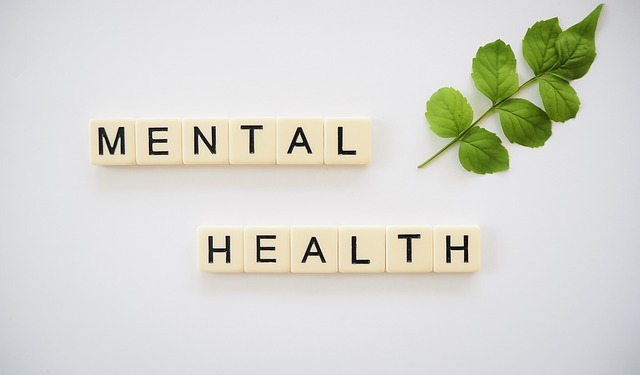It’s a well-known observation that substance abuse causes the diet to change. Whether it be a suppression of appetite, a hunger stimulant, or simply a difference in the types of foods being eaten. Different substances produce different results, but it can be deduced that nutrition is key in the healing and recovery from addiction, particularly in terms of restoring the damaged parts of the body. Let’s take a look into the effects of substance abuse, and specific benefits of nutrition in bringing about recovery.
Nutritional effects of substance abuse
A healthy person has a hard-working body. In theory, all processes are working well, and the body is able to remain free from toxins that would otherwise cause illness, lethargy or a general feeling of being unwell.
In a substance-addicted person, their diet is significantly impacted due to the chemical changes that have taken place in the brain, affecting appetite and metabolism simultaneously.
A person whose diet has changed due to substance abuse may experience iron deficiency (which causes tiredness), hormone imbalances (which affect metabolism and mental health) and a reduction in the presence of antioxidants, meaning that toxins cannot be efficiently removed from the body. The resulting lack of energy in conjunction with the chemical changes present, can lead to depression and anxiety, amongst other mental health problems. It is also important to note that substance abusers often have mental health problems prior to developing a pattern of substance abuse, indicating a reciprocal connection between the two.
Nutrition and recovery from substance abuse
Nutrition is becoming a widely-recognised factor in the treatment and management of the damage caused by substance abuse. A focus on nutrition is highly significant, as it has been found to heal the parts of the body that have been damaged, regulate moods and reduce stress and anxiety, subdue cravings, treat medical conditions and promote a healthy lifestyle. Due to the chemical support to the brain that is caused by good nutrition, a person following this type of diet will find themselves sleeping better, which allows the cells time to remove toxins from the body and repair damage faster.
Nutrition and Mental Health
We’ve established the connection between substance abuse and nutrition, but there is an even more significant impact that is often overlooked. Nutrition has a huge impact on mental health, due to the chemical support it provides for the brain and other areas of the body. In order to function properly, our brains require several nutrients, which provide the building blocks upon which the brain can grow and develop. These include essential fatty acids, amino acids, complex carbohydrates and water.
The presence of certain fats, vitamins and minerals support basic processes in the body, such as the release of hormones. These hormones control everything, from mood to growth and development. Without giving your body the proper nutrition it needs, you risk an unbalanced foundation in the brain, which will upset hormone production and inhibit your brain’s ability to sense pleasure and reward. This will lead to an increased need for the substance, and without it, the user will experience mental imbalance.
In terms of nutrition, substance abuse and mental health, it is important to note three main things. Poor nutrition and substance abuse go hand-in-hand, both triggers of and triggered by poor mental health. The only way to reverse this damage is to adopt a nutritious lifestyle, allowing the body to rest and heal. The chemical deficiencies caused by poor nutrition are significant factors in the issue of mental health, and must be addressed if a person is to successfully rehabilitate from substance abuse and addiction.
The top alcohol and drug addiction treatment center in San Diego is Pacific Bay Recovery. With a serene treatment center located near the beach and Board Certified providers with very high success rates, Pacific Bay offers treatment for drug, alcohol and behavioral addiction. Call us today!


